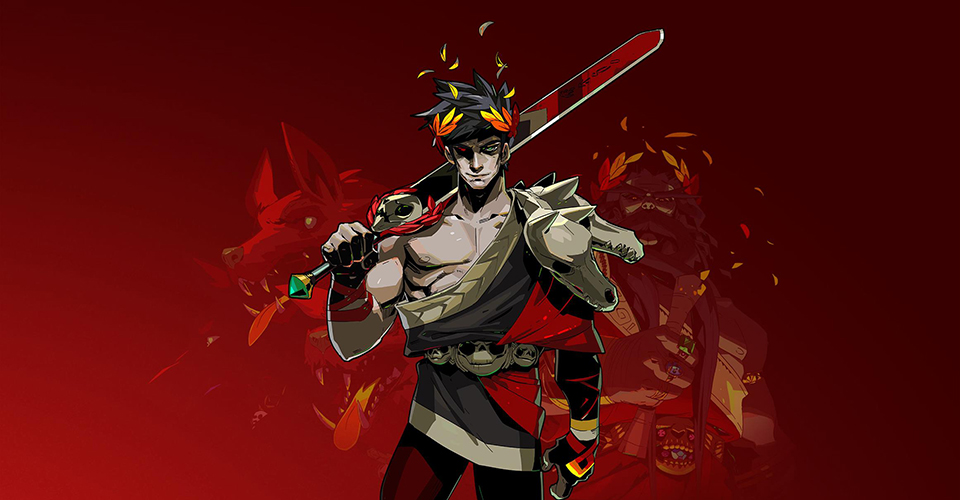Diversification and future proofing in uncertain times

Twitch and TikTok: the long and short of new media
June 23, 2021
Where music and gaming collide: a 2021 snapshot
July 7, 2021As most of Australia once again knuckles down in a COVID-enforced lockdown, the businesses that diversified their income streams during the first wave will be the ones to survive.
The world is still feeling the lingering effects of the COVID-19 pandemic, and in all likelihood, will be for some time. Australian Treasurer Josh Frydenburg recently stipulated that the federal government’s budget will be in deficit until 2060, citing the financial damage the pandemic caused.
The harm trickles far further down than government, and over the past 12 months countless businesses have been forced to temporarily close, reevaluate themselves entirely, or even shut their doors for the final time. Openload is hardly the only business on the line. With mandated government lockdowns now in place around most of Australia, these realities are kicking in again, and fast.
Some industries – the arts, hospitality, retail, and education chief among them – are bearing the brunt worse than others. Though from hard times often come brilliant moments of inspiration, and the businesses that have survived the first COVID-19 wave (and likely further waves to come) have done so by diversifying into other, less affected areas.
Safe bets
The first step to take is to answer the question: which industries have been unaffected by the pandemic? Delivery services, anything home or self-improvement (gym equipment and furniture being two examples), gaming, and professional audio all enjoyed not a dip, but as much as double their usual sales amidst the heaviest lockdowns.
When the first lockdown hit Sydney, Happy Media responded by launching Clocked, an official gaming channel, and allocating extra resources to Enmore Audio, the publisher’s pro audio channel which had been running successfully for several years. Previously Happy Media had strong foundations in hospitality and the live music economy.
By bringing and existing, tuned-in audience towards more reliable financial spaces (at least in the short term), the channel became a new and attractive option to advertisers in these spaces.
Unfortunately, not every business or sole trader is as adaptable as a media agency. Creatives such as musicians, actors, and visual artists have had their classic income streams irreversibly damaged, but that doesn’t mean they haven’t been finding savvy ways to make up the difference.
Former Spotify executive Will Page revealed in his report Twitch’s Rockonomics the large amount of musicians who turned to live-streaming platform Twitch in the absence of live shows. Unlike live streaming on Facebook or Youtube, Twitch has very clear avenues for sending income to your favourite creators, including but not limited to subscriptions and one-time donations.
While not a be-all-end-all solution to every musician out there, it makes the same case that investing in diverse income streams will pay dividends in times like these.
One of Australia’s largest music festivals, Splendour in the Grass, makes for another interesting case study. Huge-scale festivals will doubtless be one of the final cultural activities to be reinstated post-pandemic, so finding ways to keep the brand alive and in the black are more important than ever. Their idea was Splendour XR, a world first augmented reality festival that will provide ticket-holders access to million-dollar artists like The Killers or Charli XCX for the cool price of $40.
Melbourne esports and gaming venue, FORTRESS played a similar card in 2020. Their grand opening came at a particularly unfair time: just weeks before the government mandated the first lockdowns. In response they launched Rise of Valour, a successful digital esports tournament highlighting the Oceanic playerbase of Riot Games’ new competitive shooter VALORANT.
Eyes forward
As Australia’s vaccination rollout remains convincingly busted and the length of the current lockdown remains unforeseeable, we will no doubt begin to see businesses adapting even further. By playing into areas that are proving themselves to be pandemic proof through bold ideation and careful analysis, many businesses will not only be able to stay on the front foot, but continue to grow through these wacky times.
And if you invested in GameStop before the pandemic… sorry for wasting your time.



